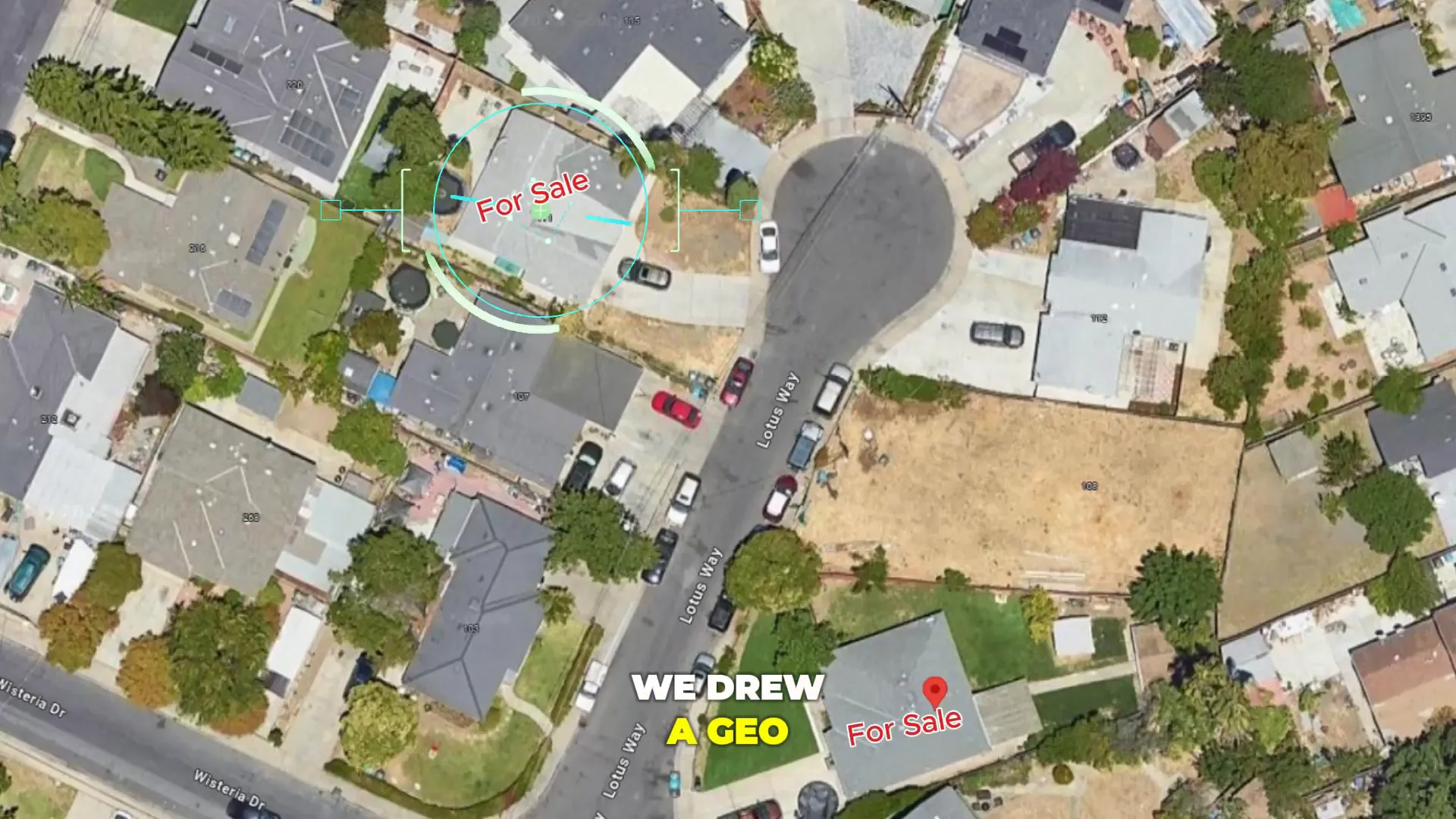Navigating AB 1482: Essential Insights for Landlords and Tenants
Navigating AB 1482: Essential Insights for Landlords and Tenants
AB 1482 is a pivotal piece of legislation in California that affects both landlords and tenants. This blog will provide clarity on the regulations surrounding this law, ensuring both parties understand their rights and responsibilities under this statewide rent control bill.
🌟 Introduction to AB 1482
AB 1482, known as the California Tenant Protection Act, is a critical law aimed at regulating rent increases and protecting tenants from unjust evictions. This legislation provides a framework for both landlords and tenants, ensuring fair treatment in rental agreements.
The law primarily focuses on limiting how much landlords can increase rent annually and establishing guidelines for terminating tenancies. Understanding the nuances of AB 1482 is essential for both parties to navigate their rights and responsibilities effectively.
What Does AB 1482 Cover?
- Rent increase limitations
- Just cause eviction requirements
- Relocation assistance provisions
- Exemptions to the law
🏠 Identifying Properties Subject to AB 1482
Not all rental properties fall under the jurisdiction of AB 1482. Identifying which properties are subject to the law is crucial for compliance. Generally, properties built before January 1, 2005, are included, but there are exceptions.
Properties that are exempt from AB 1482 include:
- Single-family homes owned by individuals, provided the owner is not a corporate entity
- Government-subsidized housing
- New constructions (built within the last 15 years)
- Properties designated for certain types of tenancies, such as student housing

🚫 Exemptions Under AB 1482
Understanding the exemptions under AB 1482 is essential for landlords and tenants. Several categories define properties that are not subject to this legislation. Some of the key exemptions include:
- Owner-occupied units: Properties where the owner lives in one of the units are often exempt.
- Short-term rentals: Rentals under 30 days typically do not fall under AB 1482.
- Affordable housing: Properties receiving government assistance are usually exempt from these regulations.
It's important for landlords to verify their property's status and consult legal advice if unsure. Misclassifying a property can lead to significant legal issues.
📈 Understanding Rent Increase Regulations
AB 1482 imposes strict regulations on how much landlords can increase rent annually. The law caps rent increases at 5% plus the local rate of inflation, with a maximum increase of 10% per year.
This regulation ensures that rent remains affordable for tenants while allowing landlords to cover their operating costs. Landlords must provide written notice of any rent increase, typically 30 days in advance for increases of 10% or less, and 90 days for larger increases.

🔚 When Can a Landlord Terminate Tenancy?
Terminating a tenancy under AB 1482 requires just cause. This means landlords must provide valid reasons for eviction, such as:
- Intent to occupy the property by the landlord or an immediate family member
- Withdrawal of the property from the rental market
- Substantial remodel of the property requiring the tenant to vacate
- Failure to pay rent or breach of rental agreement
Landlords must give proper notice based on the reason for termination, ensuring they follow the law to avoid disputes.
💼 Relocation Assistance Requirements
If a landlord terminates a tenancy for reasons outlined under AB 1482, they may be required to provide relocation assistance to the tenant. This assistance is typically equivalent to one month's rent.
Relocation assistance is mandated in cases such as:
- Owner occupancy
- Withdrawal from the rental market
- Substantial remodeling
Landlords must ensure that tenants receive this assistance promptly, ideally within 15 days of the notice. Being aware of these requirements can help prevent legal complications and foster a better landlord-tenant relationship.

📢 The Importance of Notices
Notices play a critical role in the landlord-tenant relationship under AB 1482. They ensure that both parties are informed of their rights and obligations. Properly issued notices help prevent misunderstandings and potential legal disputes.
For landlords, providing timely and accurate notices is not just a matter of courtesy; it's a legal requirement. A notice must clearly state the reason for eviction or rent increase, as well as the effective date. This transparency fosters trust and compliance.
Tenants, on the other hand, should be vigilant about the notices they receive. Understanding the content and implications of these notices can empower tenants to assert their rights and respond appropriately.

⚠️ Consequences of Missing Deadlines
Missing deadlines can have serious repercussions under AB 1482. For landlords, failing to provide the required notice within the stipulated time frame may result in the inability to proceed with eviction or rent increase. This can lead to financial losses and prolong tenant occupancy.
For tenants, not responding to notices in a timely manner can result in losing the opportunity to contest an eviction or assert their rights regarding rent increases. It's essential for both parties to stay organized and aware of all deadlines.
Legal advice is recommended if either party is unsure about specific deadlines or the consequences of missing them. This proactive approach can save time and resources in the long run.

📜 Legal Considerations and Recommendations
Legal considerations surrounding AB 1482 are complex and must be understood by both landlords and tenants. Consulting with a knowledgeable attorney can provide clarity on specific situations and help navigate the law effectively.
Landlords should ensure that all lease agreements contain the correct language regarding AB 1482 compliance. This includes necessary exemptions and the proper notice requirements. Failure to do so can expose landlords to legal challenges.
Tenants should be aware of their rights under AB 1482 and be prepared to seek legal assistance if they feel their rights are being violated. Staying informed is key to navigating potential disputes.

📝 Final Thoughts on AB 1482
AB 1482 is designed to create a fair rental market in California, balancing the interests of both landlords and tenants. Understanding the intricacies of this law is crucial for compliance and effective communication.
Both parties should prioritize clear communication and proper documentation. This approach minimizes misunderstandings and fosters better relationships. As the rental landscape continues to evolve, staying informed about changes in legislation is essential.
Ultimately, knowledge is power. Being aware of one's rights and responsibilities under AB 1482 can lead to a smoother rental experience for everyone involved.

❓ Frequently Asked Questions
As AB 1482 can be complex, many common questions arise. Here are some frequently asked questions that may help clarify further:
- What happens if I miss the notice deadline?
Missing the notice deadline may prevent landlords from proceeding with eviction or rent increases. Tenants should consult an attorney to understand their rights.
- Do I owe relocation assistance if I terminate a tenancy?
Yes, if the termination is for reasons outlined under AB 1482, such as owner occupancy or substantial remodeling, relocation assistance may be required.
- Are there specific requirements for notices?
Yes, notices must be clear, state the reason for eviction or rent increase, and adhere to the timeline specified in AB 1482.
- Can tenants contest eviction notices?
Yes, tenants have the right to contest eviction notices under AB 1482, especially if proper procedures were not followed.

Categories
- All Blogs (314)
- Client Testimonials (19)
- East Palo Alto (81)
- Graeham Watts Home Tours (23)
- Home Buyer's Process (34)
- Home Tours (28)
- Houses for sale in East Palo Alto (13)
- Investing (18)
- Landlord and Tenant Info (9)
- Menlo Park (49)
- Personal (5)
- Real Estate Questions Answered (91)
- Real Estate Tips (86)
- Redwood City (85)
- San Mateo County (10)
- Seller's Process (22)
Recent Posts










GET MORE INFORMATION

